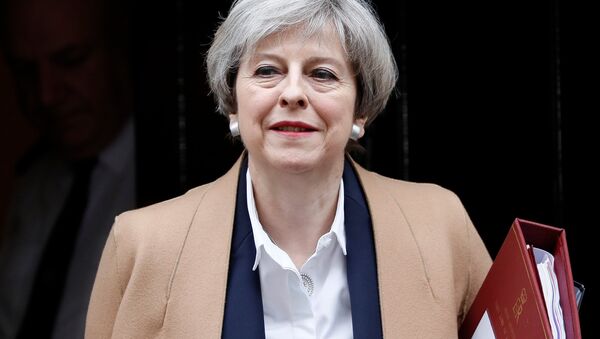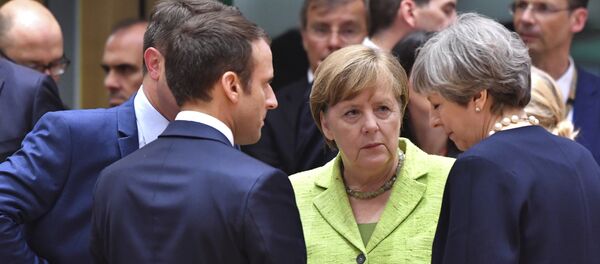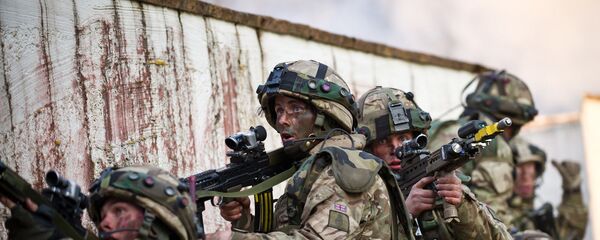Williamson is said to be preparing for a meeting with the prime minister and the Chancellor of the Exchequer Philip Hammond next week where he’s expected to urge Theresa May to sign an interim report on the government’s “Modernizing Defense Program.”
READ MORE: UK Military Needs Billions of Pounds of Additional Funding – Defense Minister
The reported talks will take place ahead of the NATO summit later this month, and if signed, the document will allegedly show the UK’s allies that the country is committed to the armed forces.
In the meantime, the minister’s bid is expected to meet strong opposition from May, who had reportedly told Williamson to go back to the drawing board and come up with a review fit for newly emerging challenges and for the future.
“It was half-baked. Publishing even a bit of it just now to show our strength at NATO would be problematic,” a source said.
Government sources, however, said that the issue was not on the agenda of next week’s meeting, but was only expected to come up in the context of making the ministry more efficient.
“The Ministry of Defense got 800 million pounds extra at the end of March and that’s given relief for this year. We wanted to do something in and around the NATO summit so we can unveil headline conclusions from the defense review and make a statement of intent on our capability, as opposed to showing how much we are spending,” The Guardian cited the source as saying.
Last week, Williamson had a tense meeting with Hammond and May, where he presented his defense vision and was reportedly challenged over spending plans. May declined to confirm Britain should maintain its status as a “tier one” military power, calling it a “leading defense nation” instead.
READ MORE: UK PM May Calls Britain Leading Defense Nation Amid Controversial Rumors
Williamson was also reportedly pressing for more funding for the military but failed, unable to convince the PM and the chancellor, who is said to have warned the ministers that the government’s 20 billion pound NHS boost means there is no more money for other policies.
A “tier one” power is understood to require an independent nuclear deterrent, a full range of land, air and sea forces, and the ability to respond to 21st century threats, including cyberwarfare, terrorism, etc.





